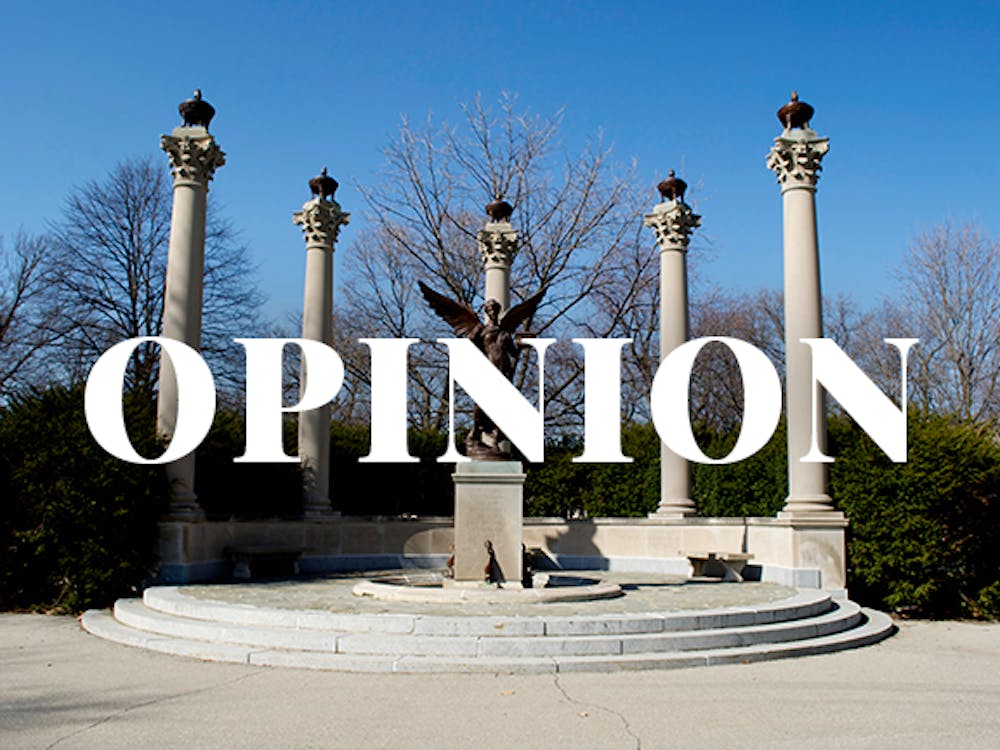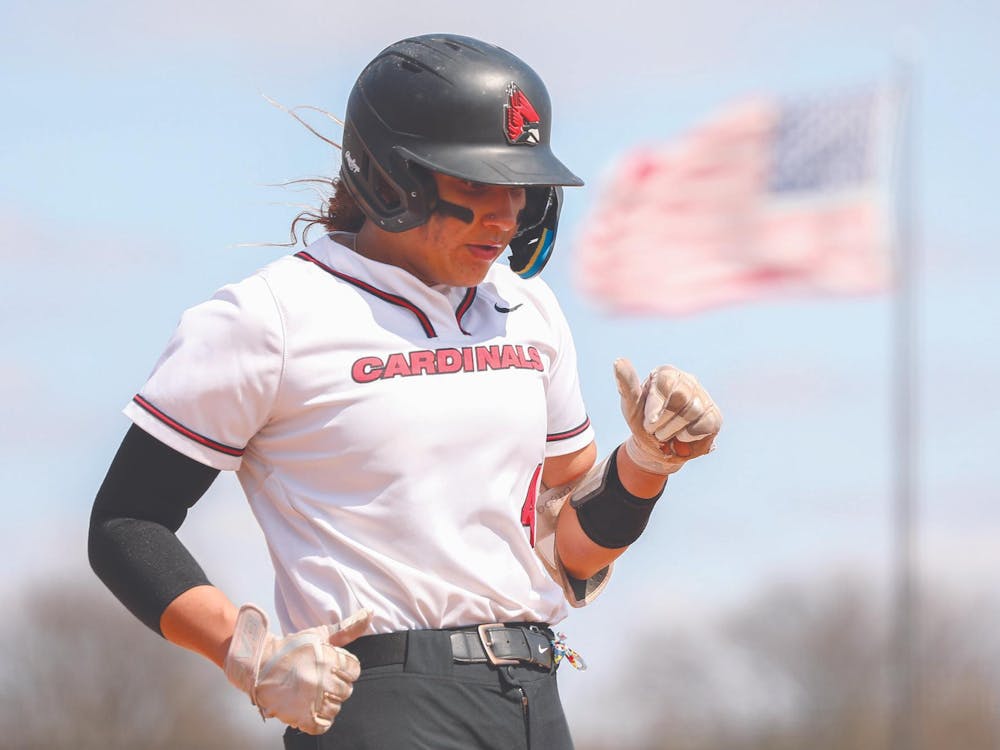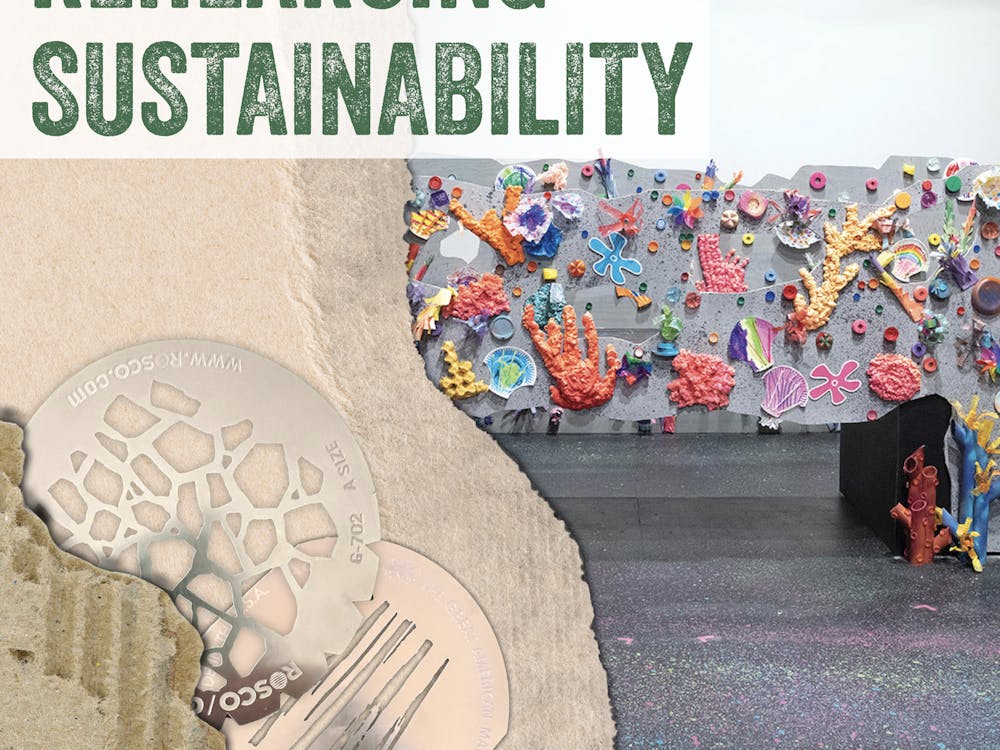Editor’s Note: The Daily News publishes Letters to the Editor with minimal copy edits and provides a headline only if the author does not provide one. The views expressed in letters do not necessarily agree with those of the newspaper. We reserve the right to withhold submitted letters depending on the content. Letters should be approximately 500 words and sent to editor@bsudailynews.com.
Nearly everyone is now familiar with the events that transpired on Tuesday, January 21: Professor Shaheen Borna called the police on a Black student, Sultan "Mufasa" Benson, who declined to switch seats in the middle of class. When the police arrived, they interrogated the student in front of the room. Fortunately, the student’s classmates spoke up in his defense and deescalated the situation. The President has also responded by referring to Professor Borna’s actions as a “gross error of judgment” and as “unwarranted.” As faculty, we, too, must respond by condemning the misuse of police in the classroom, calling out the institutional racism behind it, and telling you, our students, that we are with you.
Our first concern is Borna’s rapid escalation of the situation and involvement of the police to resolve a disagreement about seating. No disruption or physical threat existed. Instead, the police were called in on spurious grounds, thereby violating the trust that students place in their professors and the university to provide a safe place to learn. We firmly believe that the police have no place in classroom management and should be relied upon only when real threats to the safety of those in the room or building exist. Calling the police when there is a disagreement creates a dangerous climate in our classrooms. This danger is felt most by our students of color.
The second concern we have as faculty is the racism inherent in calling the police on Black people and on Black students who have committed no crimes and who pose no threat. As scholars and scientists, we will not speculate about the professor’s intent or reasons for involving police; his intent is unknowable and it is immaterial in this case. His actions, however, reflect either an ignorance of or disregard for a national context where the over-policing of Black communities and the criminalization of Black children has been extended into every aspect of Black life, from the public park and train station to backyard barbecues and even one’s own apartment. As Benson put it in an interview with Ball State’s Daily News: “I made it to college, and I got the police called on me for being in the classroom. It scared me to say the least. You don’t know what’s going to happen in that 20 seconds. If I hadn’t kept my composure, I could’ve been riddled with bullets, tased, beat down, handcuffed — there’s no telling.”
RELATED: Letter to the Editor: Dear Shaheen Borna, 'the student owes you an apology'
Just as concerning is the police response. Officers arrived with little information, according to the university, yet failed to assess the situation before engaging the student as a suspect and giving him the same ultimatum as the professor had. In the absence of an actual threat or report of a threat or disruption, the officers should have gathered information neutrally instead of automatically giving the professor the benefit of the doubt and pressuring the student to do what the professor asked. While conversations with the BSU PD have been initiated, review of and changes to policies and practices toward this end need to take place to ensure the safety of students.
Because of these actions, Benson was fearful. Benson’s fear is legitimate. The trauma inflicted on Benson and on the campus community is real, and it is inexcusable.
We are glad President Mearns has condemned Borna’s actions; however, we are afraid of the message faculty send to students if we remain silent. It tells you that your professors are afraid of you. We are not. It tells you that you do not belong on this campus. You do. It tells you that you may be met with swift, dangerous, and outsized reprisals if you stand out, speak up, or simply exist on our campus. That is not acceptable to us. We desire both critical reflection and bold actions not only to address this violent act but also the institutional culture that allows acts like this to happen.
The use of police to get one’s way in the classroom is institutional violence. We support our students of color as they deal with the trauma of these events and navigate its fallout. We affirm the right of all of our students to learn without fear of arrest, police violence, or institutionalized racism.
We, the undersigned, stand with you.
Sheila Y. Abebe, DNP
Lizz Alezetes, MA
John Ambrosio, PhD
John W. Anderson Jr., MA
Jackson Christopher Bartlett, PhD
Ben Bascom, PhD
Laura Bassette, PhD
Michael Begnal, MFA
Susanna L. Benko, PhD
Timothy Berg, PhD
Douglas A. Bernstein, PhD
Lindsey Blom, EdD
Sharon L. Bowman, PhD
Lori Boyland, EdD
Jill Bradley-Levine, PhD
Nate Brown, MA
Rebecca Brown, EdD
Tracy Caddell, EdD
Ruby Cain, EdD
Jessica Calderwood, MFA
Argnue Chitiyo, PhD
Jill Christman, MFA
Kristin N. Cipollone, PhD
Jon M. Clausen, PhD
Rachel Cohn, MFA
Ashley Coker, MA
SF Collas, PhD
Patrick Collier, PhD
David Concepción, PhD
James Connolly, PhD
Jennifer Cullen, PhD
Mike Dalgety, EdD
Elizabeth M. Dalton, MFA
Andrew S. Davis, PhD
Allyson C. DeMaagd, PhD
Katherine J. Denker, PhD
Katy Didden, PhD
Olon F. Dotson, PhD
Zina Eluri, PhD
Fen English, PhD
Jennifer Erickson, PhD
Bryan E. Essien, PhD
Max Felker-Kantor, PhD
Molly E. Ferguson, PhD
Kathryn Fletcher, PhD
Holmes Finch, PhD
Maria Hernandez Finch, PhD
Sheron Fraser-Burgess, PhD
Obed Frausto, PhD
Rachel Fredericks, PhD
Kathryn S. Gardiner, MFA
Regina J. Giraldo-Garcia, Ph.D.
Denise Harris
Allison H. Hitt, PhD
Emily Brown Hoffman, PhD
Matthew R. Hotham, PhD
Ashley Hutchison, PhD
Angela Jackson-Brown, MFA
Maura Jasper, MFA
Ryan C. Jeske, PhD
Emily Suzanne Johnson, PhD
Darolyn “Lyn” Jones, EdD
Alexander Kaufman, PhD
Jungnam Kim, PhD
Mary E. Kite, PhD
Theresa Kruczek, PhD, HSPP
Patricia L. Lang
Amanda O. Latz, EdD
David C. LeBlanc, PhD
Shuning Liu, PhD
Gennifer M. Mager, PhD
Kendra Mann, MA
Joseph A. Marchal, PhD
Cassandra M. Martin, PhD
Renae D. Mayes, PhD
Tom J. McConnell, PhD
John L. McKillip, PhD
Jackie Grutsch McKinney, PhD
Deborah Mencias McMillan, EdD
Andrea McMurtry, MA
Beth A. Messner, PhD
Lauren C. Mims, PhD
Deborah Mix, PhD
Mary Moore, MA
Winnie Mucherah, PhD
Michael T. Ndemanu, PhD
Ted Neal, MFA
Mark Neely, MFA
Laura O’Hara, PhD
Michael M. O’Hara, PhD
Gilbert C. Park, PhD
Jessica R. Peebles-Spencer, PhD
Robin Phelps-Ward, EdD
Kerri Pickel, PhD
Eric Pierson, PhD
Jean Marie Place, PhD
Jason Powell, PhD
Marilynn Quick, EdD
Gerardo Ramirez, PhD
Vanessa L. Rapatz, PhD
James N. Rediger, EdD
Kristin Reeves, MFA
Jessica Reuther, PhD
Rona Robinson-Hill, PhD
David J. Roof, PhD
Dan W. Royer, EdD
Eric Rubenstein, PhD
Lisa Rubenstein, PhD
Jacinda Russell
Emily Ruth Rutter, PhD
Serena Salloum, PhD
Janay B. Sander, PhD, HSPP
Sreyoshi Sarkar, PhD
Wilisha Scaife, MA
Emily Jo Scalzo, MFA
Maria B. Sciuchetti, PhD
Michael Shaffer, EdD
Bikram Sharma, PhD
Erik James Shaver, PhD
Serena Shim, PhD
Carolyn K. Shue, PhD
Evette Simmons-Reed, PhD
Amber Spaw
Lynne Stallings, PhD
Angela J. Stefanski, PhD
Mahamud Subir, PhD
Shantanu Suman, MFA
Tasneem L. Talib, PhD
Kelsey Thiem, PhD
Shannon Titus Dieringer, PhD
Jason D. True, PhD
Robert Turick, PhD
Shauna Turner
Sarah Vitale, PhD
Broyny Vitatoe, MS
Khirey B. Walker, PhD
Jill K. Walls, PhD
Jessica L. Ward, PhD
Kiesha Warren-Gordon, PhD
Ellen Whitehead, PhD
Susan M. Wilczynski, PhD, BCBA-D
Robbie Williford
Mary Winfrey-Kovell, MS





